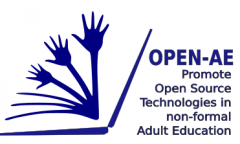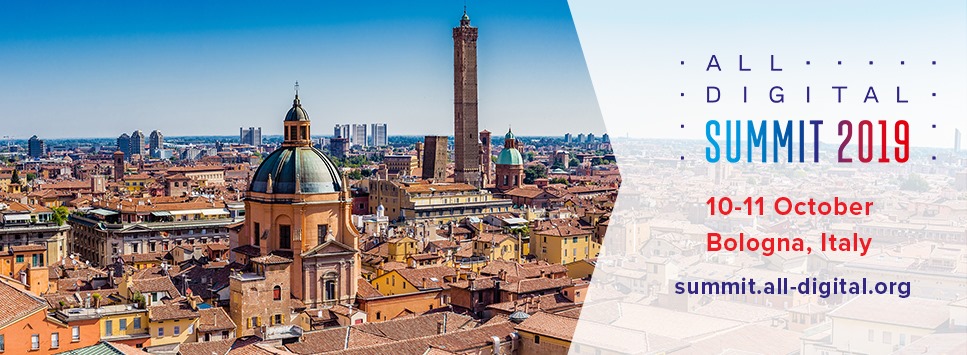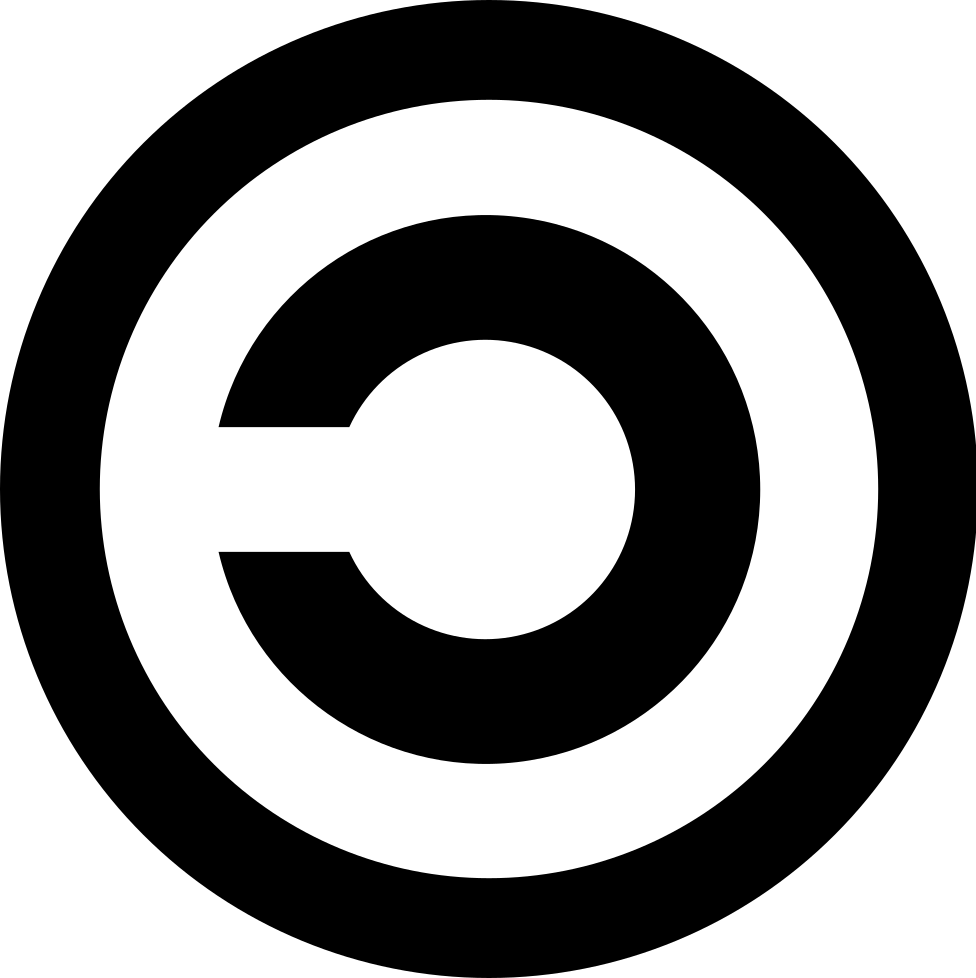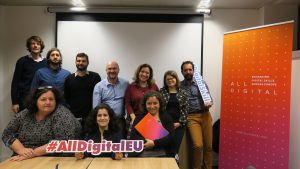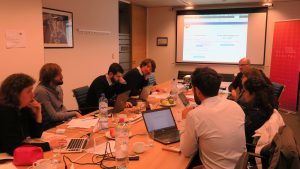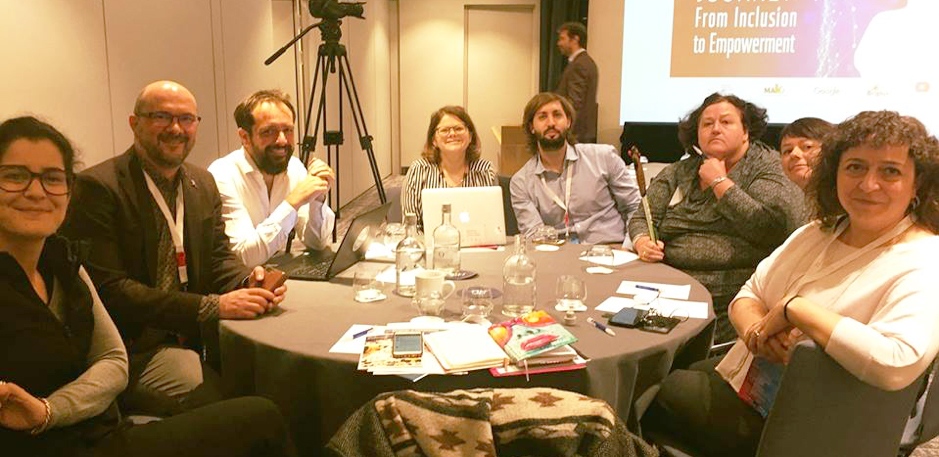
Created in 1998, Ynternet.org is a Swiss foundation located in Geneva. Since the beginning we have been working to promote eCulture, namely good citizenship practices and digital literacy in the digital age. We are a team of experts, researchers and teachers, who are involved in training centers, international research and innovation programs, events (conferences, workshops, hackathons) and publications. With a strong Free license / software culture and online collaborative attitude, Ynternet.org have at its core values the knowledge sharing, digital native cultures, folksonomy, wikinomy and online collaboration. We are a research and education center promoting an efficient and ethical use of the technology, while having a responsible behaviour in the digital environment.
We have a passion for disruptive innovation (the TEDxGeneva conferences are one example of that) and Wikis (we love Wikis and Wiki-like platforms). Ynternet.org is working on commons oriented netizenship based on free and open source software, open licensing and we have a collaborative book (see more at http://www.ynternet.org/page/livre and http://netizen3.org/index.php) that explains their fundamentals.
- What if the background of Ynternet.org in free and open source (FLOSS) technologies?
We have been campaigning for more ethical and socially conscious internet and technological usage for many years. We frequently go to schools and universities to raise awareness and promote the intentional usage of digital devices as well as advocating for the open culture movement (see more at http://www.ynternet.org/page/tous-citoyens-du-net ). Our latest campaign included open session with Richard Stallman who previously had a TEDxGeneva talk and is a member of the Ynternet.org scientific committee.
We have organised all our experience and expertise on collaborative competences around our WikiSkills Handbook: https://en.wikibooks.org/wiki/WikiSkills_Handbook a practical guide to help educators of all types (teachers, trainers, facilitators) to bring their students to use wikis and wiki-like tools for their learning activities.
Last but not least, we have a strategic partnership with the University of Applied Sciences in Geneva (HES/HEG-GE) where we organize yearly trainings for Professors and Assistants on licensing (FLOSS models and tools). We frequently participate in local events, conferences and seminars on the topics of free and open licenses, targeting a more ethical and socially conscious internet through copyleft and the creative commons licences, online collaboration in the workplace and active citizenship. These interventions are open to various target groups including professionals, activists, job seekers and youth.
- Can you highlight any projects or initiatives your organisation has done in open culture or free software? How do you see your organisation contributing to the open movement?
Earlier this year, we received in Switzerland Richard M. Stallman, one of the main initiator and key figure of the free software movement and the GNU / Linux, Copyleft, digital commons (ie Wikipedia, open and open source software). In the era of ethical issues and digital sustainability, the Ynternet.org Foundation organized a conference tour of one of its flagship members, the co-founder of the free software movement and the philosophy of digital ethics. We hosted a number of different conferences with the precursor to open data and open educational resources (open educational resources) in different cities around Switzerland.
Our work in the FLOSS movement includes research efforts on collaborative applications development such as CoWaBoo (http://project.cowaboo.net), collective awareness on FLOSS Culture, (our observatory is available online at (https://groups.diigo.com/group/e_culture), FLOSS culture and eHealth activities, (see more at http://www.ehospital-project.net/docs/Publication_eHospital_long_EN.pdf) and an open ePorfolio methodology and platform (see more at http://www.ageneve.net/wp-content/uploads/guide_eportfolio_v03.pdf). In the last 5 years we have coordinated different Erasmus + LLP projects, like the Wikiskills and the Wikinomics (http://www.wikinomics-project.eu) efforts, participated in several others and coordinating the TEDxGeneva project (www.tedxgeneva.net).
Currently we are one of the partners developing the Open AE project, but we are also developing another two Erasmus + projects (ICT4theElderly and DIMESCA) that have at their very core the ideas and values of the free and open culture movement.
Most importantly, we have developed international collaborations with the Wikimedia and Orange Foundations, resulting to specific activities:
- WikiLovesAfrica a photo contest organized since 2014 in more than ten African countries (More info at https://commons.wikimedia.org/wiki/Commons:Wiki_Loves_Africa_2019)
- WikiChallenge a collective authoring competition dedicated to 9-13 year olds in several French-speaking African countries (Cameroon, Côte d’Ivoire, Guinea, Tunisia, Madagascar, Mali, Niger and Senegal) (2017 -2019).
- What challenges with integrating free software and open source in the training of low-skills adults came up in your research? What do you hope from the open-ae project?
Our moto can be summarized as follows:
“the road is long but the future is free (FLOSS)”.
We consider OPEN-AE as a golden opportunity to document and disseminate FLOSS culture throughout Europe. As our current OPEN-AE research demonstrates there is a lot to be done on creating awareness among digital users regarding what the FLOSS culture movement. The vast majority of people is still not familiarized with concepts like copyleft licenses, open and free software and what it is to be a netizen in general. It is crucial to multiply the efforts and projects promoting FLOSS related digital skills while creating awareness that being collaborative, responsible and ethical in the internet is possible, and that this is exactly the way to preserve and push for an open and citizen driven internet.
